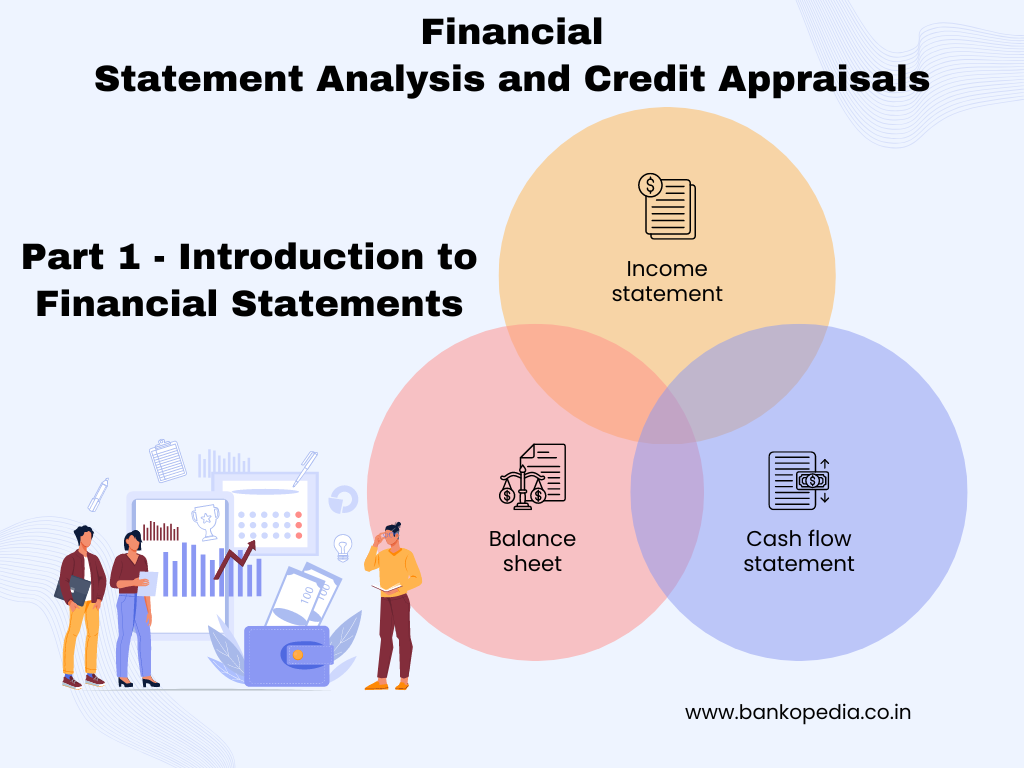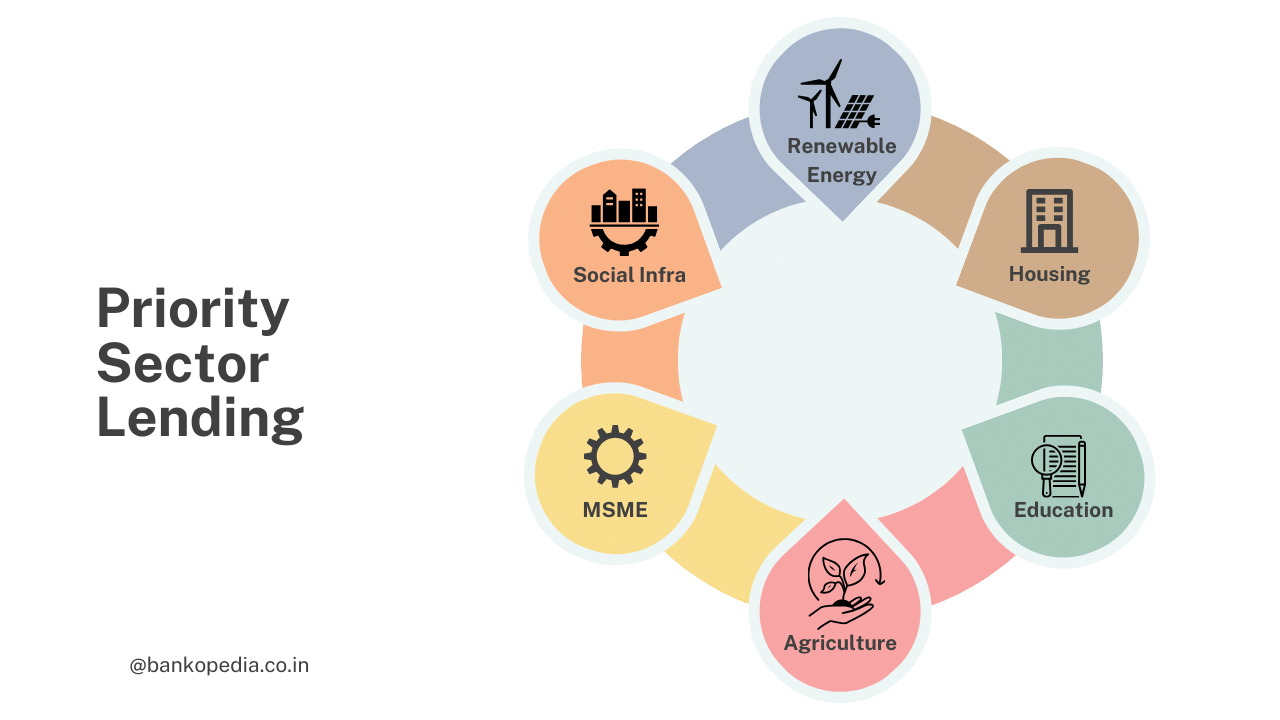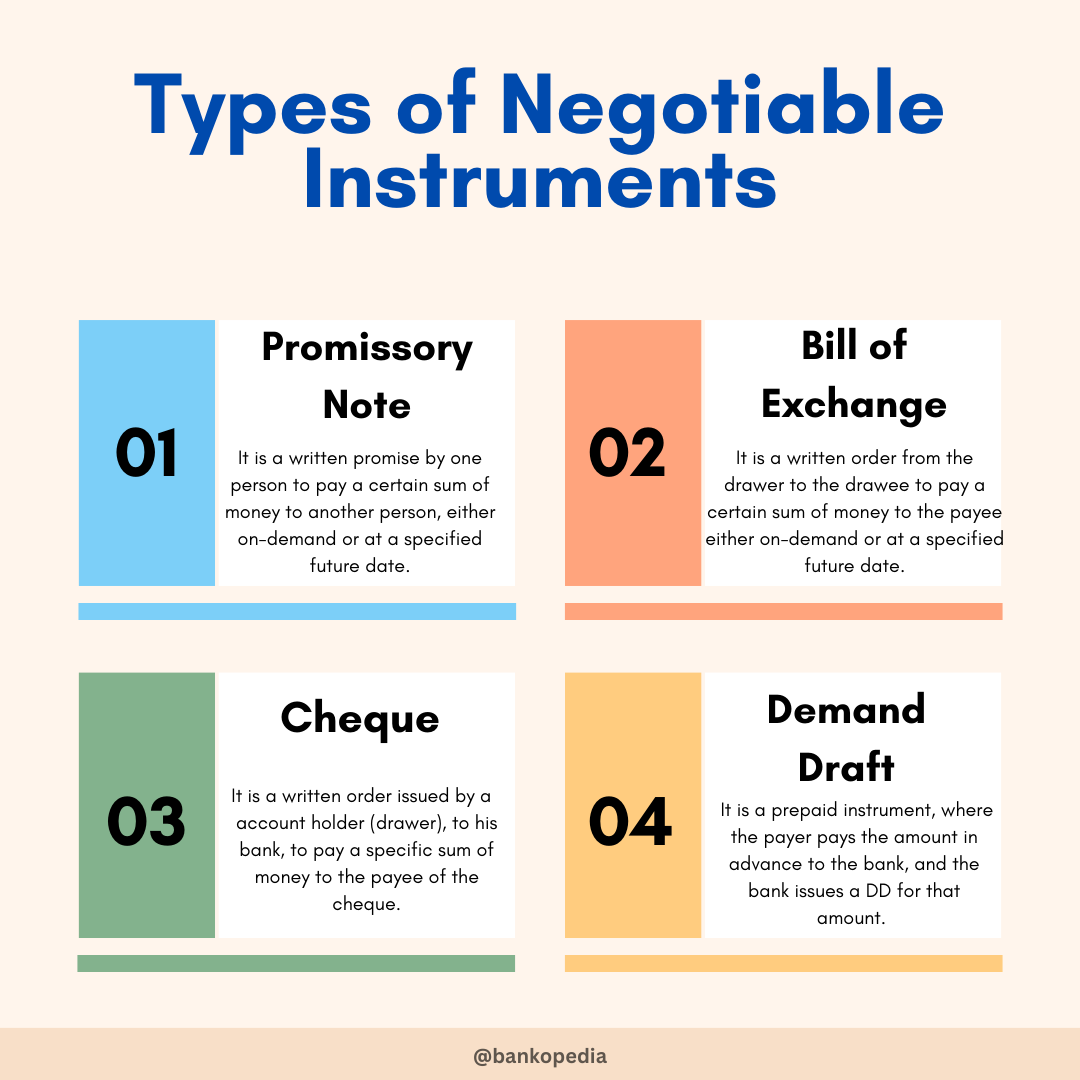Daily Banking Digest – 18 February 2024
Welcome to Daily Banking Digest, your premier source for the latest news and insights on February 18, 2024, focusing on banking, the economy, and finance. Our platform offers a comprehensive overview of the day’s most critical financial stories, market trends, and economic developments. Whether you’re a professional in the financial sector, an investor monitoring market movement, or someone interested in staying informed about the economic landscape, Daily Banking Digest provides reliable, up-to-date information.
Join our Telegram Channel for Daily PDF in your Inbox – Click Here
Table of Contents
India 2nd best place to start a business, says University of Glasgow Adam Smith Business School study
India’s entrepreneurial environment is thriving, ranking second globally in the Global Entrepreneurship Monitor (GEM) 2023/2024 Report. India excels in providing favorable conditions for entrepreneurs, particularly in social/cultural support and entrepreneurship education.

Key Points
- High Global Ranking: India ranks second among 49 countries in the GEM report, a significant improvement from previous years.
- Strong Framework Conditions: Favorable social norms, educational initiatives (like the Atal Tinkering Lab and Shark Tank), and the Startup20 program contribute to India’s strong entrepreneurial environment.
- Entrepreneurial Motivation: Indian entrepreneurs are often driven by a mix of factors: making a difference, continuing family tradition, and lack of traditional job opportunities.
- Room for Improvement: While India excels in the consumer services sector, there’s a need to support business service entrepreneurship, where margins, potential for growth, and barriers to entry are higher.
- Global Entrepreneurship Study: The Global Entrepreneurship Monitor, initiated in 1999, is a comprehensive study providing valuable insights through large-scale surveys of individuals and experts worldwide.
Maintaining export momentum will not be an easy task: CRISIL MI&A

While India’s recent export numbers appear positive, a cautious approach is necessary due to global tensions and uneven economic growth. This caution is warranted as certain core export sectors have slowed down, though positive trends exist in petroleum and chemical exports.
Key Points
- Positive but Cautious Outlook: India’s exports show encouraging growth, but external factors like global tensions could hinder the maintenance of this momentum.
- Mixed Performance in Core Exports: Sectors like electronics, engineering goods, and pharmaceuticals saw a decline in January, while petroleum exports rebounded.
- Chemical Exports Show Recovery: After a period of contraction, chemical exports are exhibiting mild growth.
- Government Support: Proactive government measures (easier credit, tackling trade barriers) have contributed to positive export performance.
- Global Headwinds: Despite some improvement, global economic challenges remain a potential obstacle to sustained export growth.
- Import Contraction: India’s merchandise imports have decreased, which helps reduce the trade deficit.
- Strong Services Exports: The services sector continues to see positive export growth, helping balance India’s current account deficit.
FPIs maintain faith in Indian debt, inject ₹16,559 crore in Feb 1-16 despite equity sell-off
Foreign Portfolio Investors (FPIs) are favoring Indian debt markets in February 2024. They’ve invested significantly in sovereign debt securities, driven by India’s fiscal consolidation focus and upcoming inclusion in global bond indices. Meanwhile, FPIs remain net sellers in the equity market.
Key Points
- Debt Market Attraction: FPIs have invested ₹16,559 crore in Indian debt securities this month, adding to their net inflow of ₹36,396 crore in 2024.
- Equity Market Net Selling: FPIs have been net sellers in the equity market, totaling ₹3,776 crore this month and ₹29,520 crore for the year.
- India’s Bond Index Inclusion: India’s inclusion in global bond indices, expected in June 2024, is a major driver of FPI interest in the debt market.
- Fiscal Consolidation and Stable Rupee: The government’s better-than-expected fiscal consolidation measures and the stability of the Indian Rupee further reinforce FPI confidence in the debt market.
- Profit-Booking and China Factor: Analysts suggest some profit-booking in the equity market after sharp rallies, and a widening valuation gap with China could contribute to FPI selling.
- Analyst Outlook: Experts predict the continued inflow of FPI funds into the debt market, while equity selling could persist as long as US bond yields stay high.
GSLV-F14/INSAT-3DS mission: ISRO achieves yet another success.
The Indian Space Research Organisation (ISRO) successfully launched the INSAT-3DS meteorological satellite. This advanced satellite will significantly improve weather forecasting capabilities in India.

Key Points
- Successful Launch: The GSLV-F14/INSAT-3DS mission lifted off successfully, marking ISRO’s second successful launch of 2024.
- INSAT-3DS Capabilities: The satellite features enhanced capabilities for monitoring Earth’s surface, oceans, and atmospheric parameters, crucial for weather forecasting and disaster warning.
- Data Utilization: Various agencies under the Ministry of Earth Sciences will use INSAT-3DS data to provide improved weather services.
- GSLV-F14 Rocket: The mission used India’s Geosynchronous Satellite Launch Vehicle (GSLV), demonstrating its reliability.
- Improved Weather Forecasting: INSAT-3DS will augment India’s existing weather satellites, leading to more accurate and timely forecasts.
Back-to-back success of GSLV proves the rocket’s capabilities: ISRO Chairman

After a setback in 2021, India’s GSLV rocket is regaining its reputation with consecutive successful launches. ISRO Chairman S. Somanath highlights the improvements made to the rocket and the significance of the newly launched INSAT-3DS weather satellite.
Key Points
- GSLV’s Comeback: Despite past failures, the GSLV rocket has demonstrated renewed reliability with the GSLV-F12 and GSLV-F14/INSAT-3DS missions.
- Addressing Past Issues: ISRO has overcome configuration problems and uncertainties that previously affected the rocket’s performance.
- INSAT-3DS Capabilities: This advanced weather satellite will significantly improve India’s forecasting and disaster warning capabilities.
- Future Missions: The GSLV’s capability has increased, allowing for larger payloads like the upcoming NISAR satellite.
- Focus on Reliability: ISRO remains committed to ensuring mission success and addressing any remaining uncertainties in the GSLV design.
IRDAI gives in-principle nod for Policybazaar to upgrade license, enter reinsurance selling.
IRDAI, India’s insurance regulator, has granted in-principle approval for Policybazaar (a subsidiary of PB Fintech) to transition from a direct insurance broker to a composite insurance broker. This move will expand Policybazaar’s offerings to include reinsurance products.

Key Points
- License Upgrade: Policybazaar’s license upgrade from a direct insurance broker (for life and general insurance) to a composite broker has been approved in-principle by IRDAI.
- Expanded Product Offerings: This change will allow Policybazaar to sell reinsurance products in addition to its existing focus on direct insurance.
- Increased Insurance Penetration: PB Fintech believes this development will contribute to greater insurance penetration in India by leveraging technology, process control, and data analytics.
- Financial Performance: This news comes on the heels of PB Fintech reporting its first-ever quarterly net profit in December 2023.
Government raises authorised capital of FCI to ₹21,000 crore to fulfill mandate effectively.
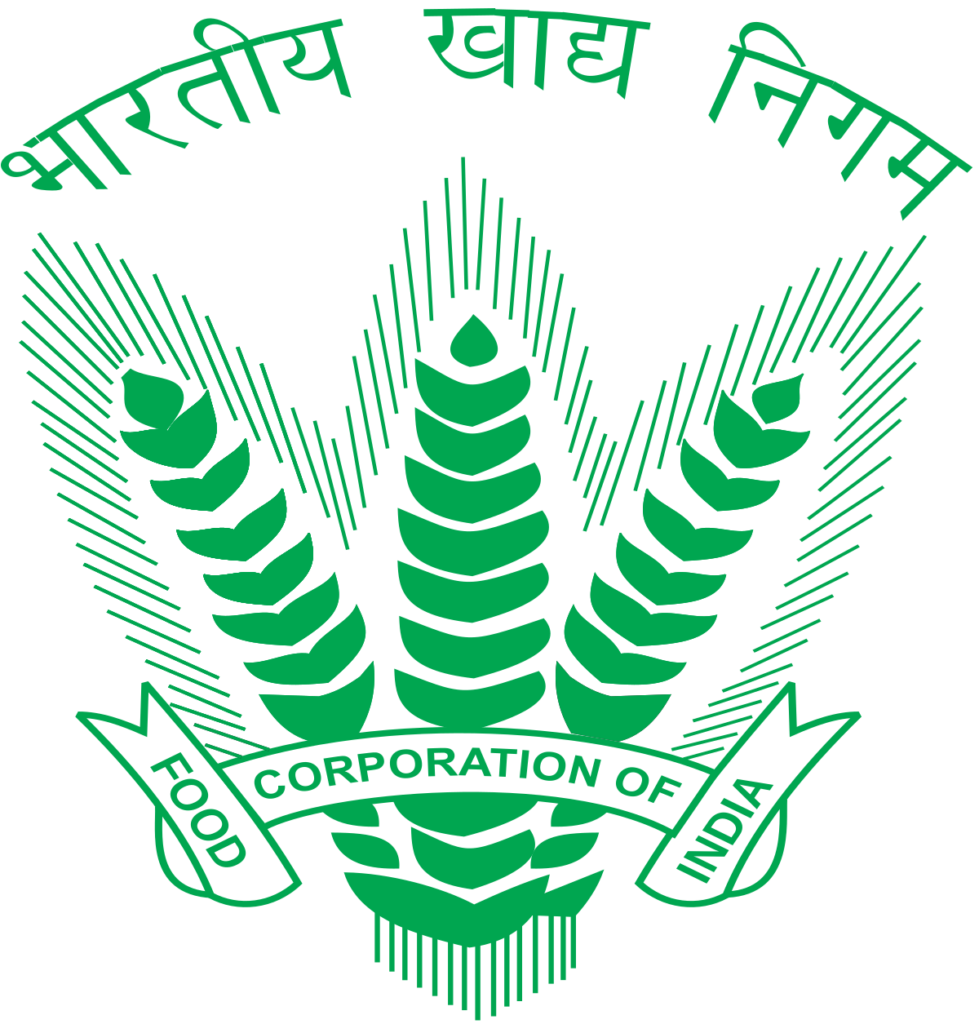
The Indian government has significantly increased the authorized capital of the Food Corporation of India (FCI) to improve its operational efficiency and ability to support farmers and food security.
Key Points
- Capital Increase: The FCI’s authorized capital has been raised from ₹10,000 crore to ₹121,000 crore.
- Enhanced Operations: This capital infusion aims to boost the FCI’s ability to procure food grains at Minimum Support Price (MSP), maintain strategic reserves, and distribute food under welfare programs.
- Reduced Financial Burden: The increased capital is expected to lessen the FCI’s reliance on loans, decreasing interest burdens and ultimately reducing government subsidies.
- Modernization Focus: The FCI plans to use the additional funds to improve storage facilities, transportation networks, and adopt new technologies, aiming to reduce wastage and optimize food distribution.
- Commitment to Farmers and Food Security: The government’s support for the FCI emphasizes its commitment to protecting farmers through MSP-based procurement and ensuring national food security.
Paytm shifts back-end payment settlements to Axis Bank from Paytm Payments Bank
Paytm (One 97 Communications) has shifted its nodal accounts to Axis Bank following an RBI directive. This ensures the continuity of digital payments for merchants using Paytm, but Paytm Payments Bank faces restrictions after February 29th.

Key Points
- Nodal Account Shift: Paytm has moved its nodal accounts (used for payment settlements) from Paytm Payments Bank to Axis Bank due to RBI regulations.
- Merchant Services Continue: This move ensures business continuity for merchants accepting payments through Paytm.
- RBI Restrictions: The RBI has directed Paytm Payments Bank to close its nodal accounts by February 29th, limiting some banking services starting March 15th.
- Future Partnerships: Paytm is in talks with additional banks to find other partners for handling nodal accounts.
- Customer Impact: Paytm founder Vijay Shekhar Sharma reassured customers that Paytm’s QR codes, point-of-sale terminals, and other services will still function.
Additional Notes:
- The RBI extended the deadline for Paytm Payments Bank to continue banking services beyond the initial February 29th cutoff.
- Customers of Paytm Payments Bank will face restrictions starting March 15th, and can only withdraw existing balances.
Donald Trump hit with $354.9 million penalty, 3-year ban in New York civil fraud case.
A New York judge has ruled Donald Trump and his businesses must pay $354.9 million in penalties for fraudulent business practices. The former president faces further restrictions that could impact his 2024 election campaign and real estate businesses.
Key Points
- Fraudulent Practices: Trump and his businesses were found to have inflated his net worth to secure favorable loan terms from lenders.
- Severe Penalties: Trump is barred from serving as an officer or director of any New York corporation for three years. His adult sons, Don Jr. and Eric, also face fines and temporary business bans.
- Judge’s Criticism: Justice Arthur Engoron condemned Trump’s lack of remorse and history of legal troubles in his ruling.
- Impact on Real Estate Empire: The financial penalties and operating restrictions could create significant challenges for Trump’s real estate businesses.
- Trump’s Reaction: Trump has decried the decision as politically motivated and vowed to appeal.
- Implications for 2024 Campaign: While the case is unrelated to his campaign, the ruling could damage Trump’s image and hinder his fundraising efforts.
Electoral Bond Ban: Government to take review plea call next week.
Key Points
- Government Deliberation: The government will decide next week whether to file a review petition against the Supreme Court’s decision.
- Potential Compromise: One option under consideration is submitting donor names to the court in a sealed envelope to maintain confidentiality.
- Ordinance Unlikely: The government is unlikely to issue an ordinance to override the judgment shortly before general elections.
- Supreme Court Order: The Supreme Court has directed the State Bank of India to provide details of all electoral bond donations since 2019 to the Election Commission of India, including the identities of donors and recipients.
- Government’s Concerns: The government is apprehensive about the public disclosure of donor identities, citing potential conflicts with banking secrecy laws.
India-UK Young Professionals Scheme: 3000 visas up for grabs. Everything to know about the February ballot.
The UK Home Office is opening a new ballot for the India Young Professionals Scheme, offering Indian nationals aged 18-30 the chance to live and work in the UK for two years.
Key Points:
- Ballot Dates: The ballot will run from February 20th to February 22nd, 2024.
- Eligibility: Indian nationals with a bachelor’s degree or higher, savings of at least GBP 2,530, and no dependent children under 18 can apply.
- Allocation: 3,000 slots are available in 2024, with most offered in the February ballot and the remainder in a July ballot.
- Application Process: The ballot is free. If selected, winners will be notified and can then apply for the visa (which has a fee).
- Supporting Documents: Successful applicants will need to provide proof of identity, savings, qualifications, and potentially other documents for visa processing.
Banks to conduct performance review of empanelled advocates.
The Indian finance ministry has announced measures to increase the efficiency of debt recovery tribunals (DRTs) and expedite the debt recovery process.

Key Points:
- Performance Reviews: Banks will conduct regular assessments of their lawyers (empaneled advocates) involved in debt recovery cases.
- Bank Officer Presence: Banks will ensure their officers attend all hearings before judicial forums related to their debt recovery cases.
- Pendency Reduction: DRTs and DRATs (Debt Recovery Appellate Tribunals) will implement strict monitoring to reduce the backlog of cases at various stages.
- Case Rationalization: Banks will streamline the assignment of cases to lawyers, factoring in their performance track record.
- Reconciliation of Settled Cases: Banks and financial institutions will identify and reconcile cases pending in DRTs and DRATs that have already been settled.
- e-Auction Platform: Stakeholders will utilize a new e-Auction platform to streamline the process of listing and auctioning properties under various acts related to debt recovery.
Himachal Budget: Losses of public sector firms hit Rs 5,143 cr in FY23.
Key Points:
- Financial Status: 14 out of 23 Himachal Pradesh PSUs were in the red, with cumulative losses of Rs 5,143.46 crore.
- Top Losers: Himachal Road Transport Corporation (Rs 1,966.13 crore), Himachal Pradesh State Electricity Board (Rs 1,823.97 crore), HP Power Corporation (Rs 689.24 crore), and HP Power Transmission Corporation (Rs 372.59 crore) were the biggest loss-makers.
- Profitable PSUs: Himachal Pradesh Industrial Development Corporation (Rs 108.44 crore), Ex-Servicemen Corporation (Rs 82.78 crore), and General Industries Corporation (Rs 44.37 crore) were among the profitable PSUs.
- Loss Reduction: Compared to 2021-22, the number of loss-making PSUs decreased by one, and the total losses increased slightly.
Additional Notes:
- The financial health of PSUs is a critical concern for many states in India, as they can contribute significantly to the state’s economy or drain resources.
Ayodhya to get investments of over Rs 10,155 cr from UP govt at GBC

Uttar Pradesh is hosting a Ground Breaking Ceremony (GBC@IV) in Ayodhya, aiming to attract major investments and create thousands of jobs across various sectors. Chief Minister Yogi Adityanath’s leadership has fuelled Ayodhya’s development journey, making it an investor-friendly destination.
Key Points:
- Investment Attraction: The GBC@IV is expected to generate investments exceeding Rs 10,000 crore in Ayodhya.
- Tourism Boom: The tourism sector alone is set to receive over Rs 3,100 crore in investment, with The House of Abhinandan Lodha Group making the largest contribution of Rs 3,000 crore.
- Employment Generation: GBC@IV aims to create over 20,000 job opportunities across industries like housing, tourism, agriculture, IT, education, and more.
- Major Investors: Some of the top companies investing in Ayodhya include The House of Abhinandan Lodha, Pakka Limited, Crescendo Interiors, Maharishi Mahesh Yogi Ramayana University, Amrit Bottlers Private Limited, Taj Group, Marriott Group, and others.
Additional Notes:
- Uttar Pradesh’s government under Chief Minister Yogi Adityanath is emphasizing the development of Ayodhya to boost investment and employment.
Taiwan signs migrant worker MoU with India, seen as new source of labour.
Taiwan and India have signed a Memorandum of Understanding (MOU) paving the way for India to become a new source of migrant workers for Taiwan. This aims to address Taiwan’s labor shortage due to its ageing population.

Key Points:
- Controlled Migration: Taiwan will determine the number of Indian workers allowed and the industries they will work in.
- India’s Role: India will be responsible for recruiting and training workers according to Taiwan’s requirements.
- Formal Process: Taiwan’s labor ministry will inform lawmakers and hold meetings with Indian officials before officially designating India as a source of migrant labor.
- Demographic Needs: Taiwan’s ageing population creates a demand for workers, while India has a young workforce needing job opportunities.
- Economic Benefits: This agreement has the potential to benefit both countries – meeting Taiwan’s labor needs and providing employment for India’s workforce.
Pakistan downgraded to “authoritarian regime”, records greatest deterioration in Asia, Australia: Report
According to the Economist Intelligence Unit’s (EIU) Democracy Index 2023, Pakistan has been downgraded from a “hybrid regime” to an “authoritarian regime.” This makes Pakistan the only Asian country with this designation and marks a significant decline in its democratic standing.
Key Points:
- Democracy Index Score Drop: Pakistan’s score on the EIU Democracy Index fell by 0.88 to 3.25, leading to a drop of 11 places in the global ranking.
- Regional Decline: Out of 28 countries in the “Australia and Asia” region, 15 experienced declines in their democracy scores.
- Reasons for Downgrade: The report cites Pakistan’s electoral process interference, government dysfunction, and erosion of judicial independence as factors contributing to the downgrade.
- Historic Low: Pakistan’s 2023 democracy score is the lowest since 2006, even worse than during the military rule of General Pervez Musharraf.
- Expert Reactions: Experts express disappointment and concern about Pakistan’s democratic backsliding, highlighting the negative observation from the international community.
IRCTC train ticket online booking: Pay for a ticket only when it’s confirmed, get instant refund if cancelled; here’s how
IRCTC’s iPay Autopay offers a new way to book Indian railway e-tickets, allowing temporary holds on funds rather than immediate payment. If a confirmed ticket is secured, payment is deducted. Otherwise, the held amount is immediately released. This is especially useful for high-value tickets and waitlisted/tatkal bookings.
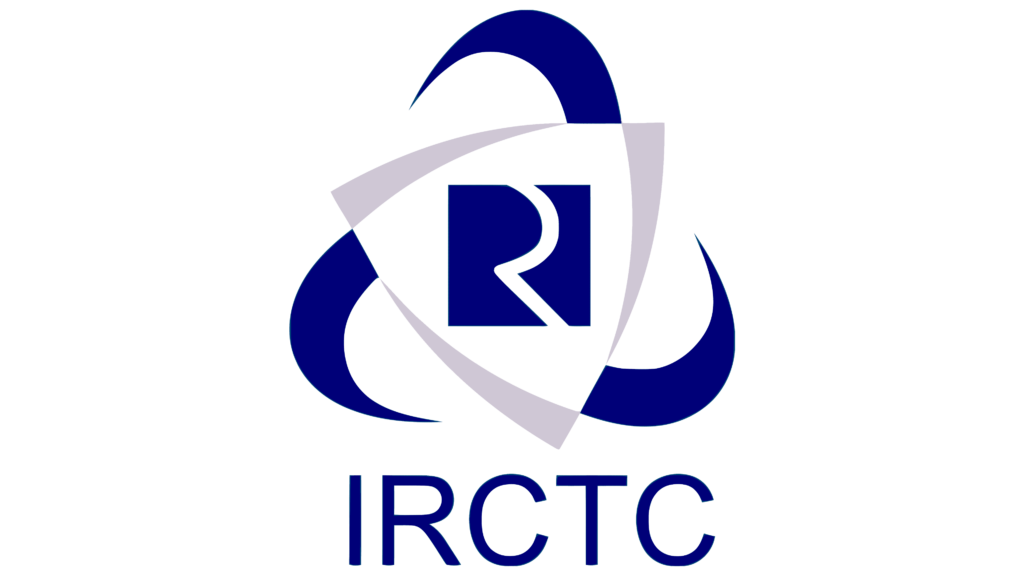
Key Points
- No Immediate Payment: iPay Autopay places a temporary lien (hold) on your funds until the ticket is confirmed.
- Payment Options: It works with UPI, credit cards, and debit cards.
- Ideal for Waitlisted Tickets: Autopay provides faster refunds if waitlisted tickets don’t clear, allowing quick rebooking with the released funds.
- Tatkal Benefits: For waitlisted Tatkal tickets, only minimum charges are deducted if the ticket remains unconfirmed.
- Instant Refunds: Autopay provides instant refunds for failed ticket confirmations, freeing funds for alternative bookings.
- Ease of Use: The feature is easy to use within the IRCTC website or app during the booking process.
NHAI names 9 banks to facilitate payments at 247 toll stations amid Paytm Payments Bank regulatory clampdown
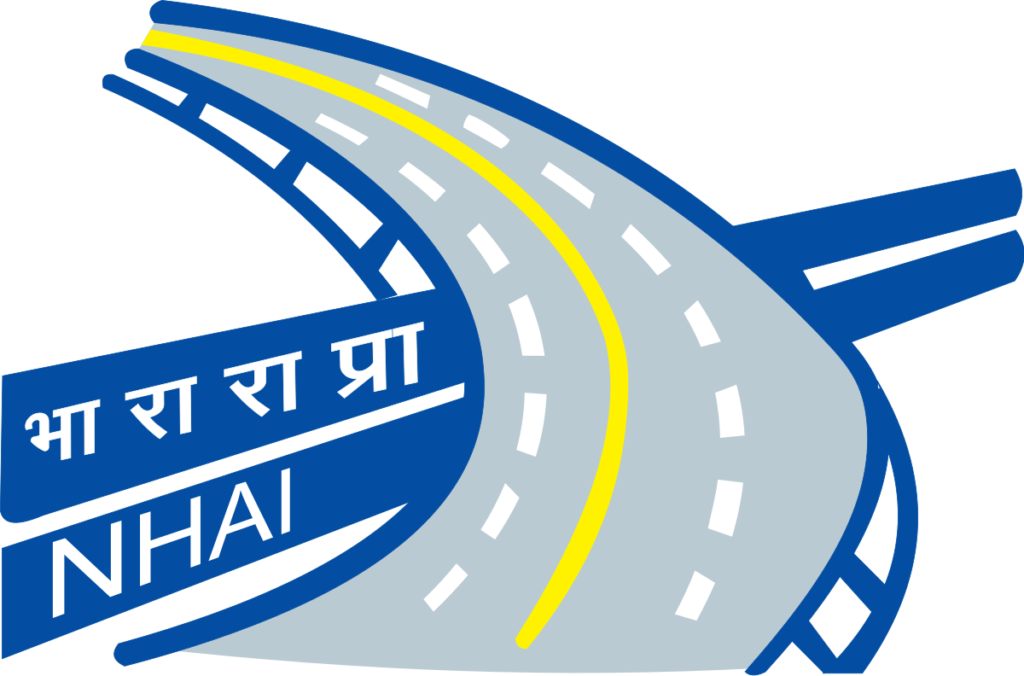
The National Highways Authority of India (NHAI) is replacing Paytm Payments Bank as the payment facilitator at 247 toll stations due to recent regulatory restrictions imposed on the bank. Nine other banks, including major institutions like Axis Bank and HDFC Bank, will take over the toll collection process.
Key Points
- Regulatory Action: The NHAI is replacing Paytm Payments Bank because the Reserve Bank of India (RBI) has barred the bank from accepting new deposits.
- New Payment Facilitators: Nine banks (Axis, HDFC, ICICI, etc.) will now handle toll payments at the affected toll stations.
- Significant Toll Volume: The 247 toll plazas previously managed by Paytm Payments Bank represent roughly 14% of India’s daily highway toll collection.
- Acquirer Role: Banks in this context act as “acquirers”, processing FASTag payments on behalf of issuing banks and routing funds accordingly.
- Seamless Transition: The NHAI aims to ensure uninterrupted toll collection despite the change in payment providers.
Financial Concept of the Day – Financial Audit Trail
What is a Financial Audit Trail?
- A chronological, step-by-step record of every action related to a financial transaction or process.
- Includes details like dates, timestamps, individuals involved, amounts, account changes, approvals, and any relevant documentation.
- Essential for maintaining transparency, ensuring accountability, and aiding in investigations.
Why are Audit Trails Important in Finance?
- Fraud Detection and Prevention: Helps identify unusual patterns, unauthorized changes, or suspicious activity that could indicate fraudulent behavior.
- Error Correction: Easy to trace back through steps to pinpoint where an error occurred, enabling rectification and helping improve process efficiency.
- Regulatory Compliance: Often a requirement for publicly traded companies demonstrating sound financial controls and accountability.
- Audits: Provides a clear roadmap for internal and external auditors to follow, making audits much smoother and more efficient.
Here’s an example of an audit trail in the context of a typical banking transaction:
Scenario: Online Funds Transfer
A customer, Sarah, logs into her online banking portal and initiates a funds transfer from her checking account to her friend John’s savings account at a different bank.
Audit Trail Components:
- Login:
- Timestamp of Sarah’s login into the banking system.
- IP address of the device used.
- Authentication method (password, multi-factor authentication, etc.).
- Transfer Initiation:
- Timestamp of the transfer request.
- Amount of the transfer.
- Source account number (Sarah’s checking).
- Destination account number and routing number (John’s savings).
- Any notes or memos provided by Sarah.
- Verification & Approval:
- If required, timestamps of any additional verification steps (e.g., security questions, one-time passcode).
- System logs or records of automated fraud checks performed.
- Record of any manual approvals by bank personnel if needed for high-value or unusual transactions.
- Processing:
- Timestamps of when the transfer was cleared from Sarah’s account and credited to John’s account.
- Details of the clearinghouse or payment network used for the transfer (e.g., ACH, Fedwire).
- Confirmation:
- Timestamp of notification sent to Sarah upon successful transfer.
- Transaction reference number assigned by the bank.
Additional Audit Trail Elements:
- Location Data: For transaction security, some banks might track the general location (city, region) associated with the IP address of the device used.
- System Logs: Detailed technical logs capturing internal system events, network communications, and any anomalies or failures that might have occurred during the process.
- Change History: If there are any edits or modifications to the transfer details after initial submission, this is recorded including who made the change and when.
Why is This Audit Trail Important?
- Dispute Resolution: Provides a traceable record of events if there’s a discrepancy or claim from either the sender or receiver.
- Fraud Investigation: Used to detect suspicious patterns, trace fund movement, and identify potential bad actors.
- Compliance: Satisfies regulatory requirements for transaction record-keeping and anti-money laundering procedures.
- System Improvement: Analyzing audit trails can help banks streamline processes, identify bottlenecks, and enhance security measures.


